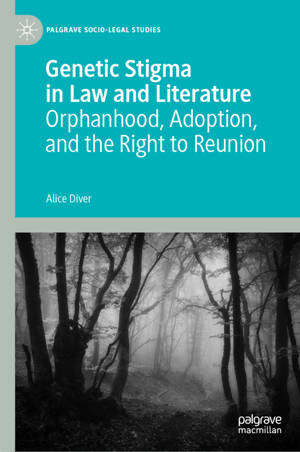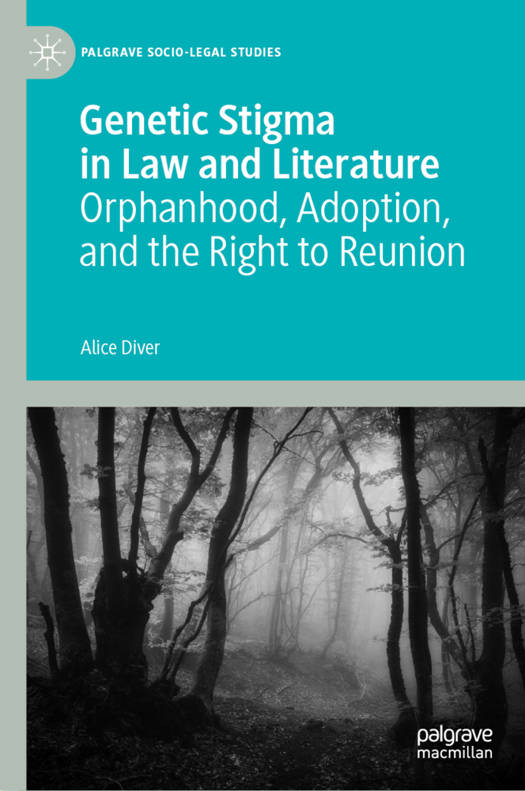
Door een staking bij bpost kan je online bestelling op dit moment iets langer onderweg zijn dan voorzien. Dringend iets nodig? Onze winkels ontvangen jou met open armen!
- Afhalen na 1 uur in een winkel met voorraad
- Gratis thuislevering in België vanaf € 30
- Ruim aanbod met 7 miljoen producten
Door een staking bij bpost kan je online bestelling op dit moment iets langer onderweg zijn dan voorzien. Dringend iets nodig? Onze winkels ontvangen jou met open armen!
- Afhalen na 1 uur in een winkel met voorraad
- Gratis thuislevering in België vanaf € 30
- Ruim aanbod met 7 miljoen producten
Zoeken
€ 116,45
+ 232 punten
Uitvoering
Omschrijving
This book critically analyses the way in which traditional sociocultural and legal biases might be perpetuated against those with unknown - or unknowable - genetic ancestries. It looks to law and works of literature across differing eras and genres focussing upon such concepts as inherited stigma, illegitimacy, orphanisation, adoption, othering, reunion, and the 'right' to access truths that relate to one's original identity. Law's role in such matters is often limited (or usurped) by custom, practice, or lingering superstitious beliefs; the importance of oral and written testimony is therefore highlighted. Characters include abandoned or orphaned figures from folk and fairy tales, Romantic and Victorian monsters and heroes, Dickensian waifs, Edwardian rescue orphans, and dystopia-set 'rebels.' Their insights and experiences are mirrored in various present day scenarios that speak to familial human rights abuses, not least forced adoptions and bars on accessing original information. This cross-disciplinary book drawing on Law, Literature, Sociology, Critical Adoption Studies should be of interest to those interested in and those who have been affected in some way by adoption, origin deprivation, or reunion.
Specificaties
Betrokkenen
- Auteur(s):
- Uitgeverij:
Inhoud
- Aantal bladzijden:
- 189
- Taal:
- Engels
- Reeks:
Eigenschappen
- Productcode (EAN):
- 9783031462450
- Verschijningsdatum:
- 19/12/2023
- Uitvoering:
- Hardcover
- Formaat:
- Genaaid
- Afmetingen:
- 156 mm x 234 mm
- Gewicht:
- 458 g

Alleen bij Standaard Boekhandel
+ 232 punten op je klantenkaart van Standaard Boekhandel
Beoordelingen
We publiceren alleen reviews die voldoen aan de voorwaarden voor reviews. Bekijk onze voorwaarden voor reviews.











